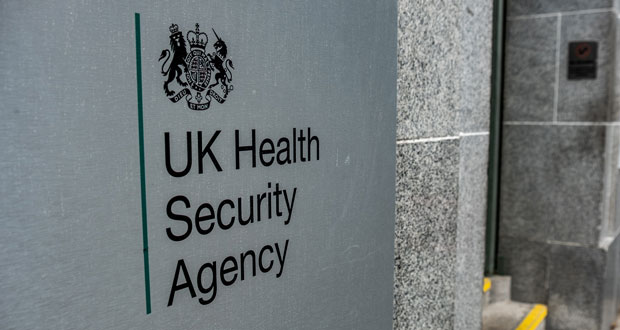UKHSA already shared the data with Big Pharma — but NOT the public.
The UK government is facing mounting scrutiny after revelations that officials withheld data on possible links between COVID-19 vaccine doses and excess deaths, citing concerns that the information could cause public distress or anger.
The controversy erupted after campaigners and members of Parliament demanded the release of anonymized data showing whether there was a connection between the timing of COVID vaccinations and the dates of death for recipients. The UK Health Security Agency (UKHSA) confirmed it had chosen not to release the requested information, saying disclosure might fuel vaccine hesitancy and provoke upset among families of the deceased.
According to documents released as part of a freedom of information dispute, health officials argued that making the data public could lead to emotional distress and the spread of misinformation. Instead, the agency shared anonymized data with pharmaceutical firms for research and regulatory review, while withholding it from public and academic access.
Despite repeated requests, including those from advocacy group UsForThem and several MPs, the agency maintained its stance. The Information Commissioner later backed the UKHSA’s decision, ending a two-year legal campaign for data disclosure.
This episode has intensified debate over transparency and public trust in government pandemic responses, particularly as excess deaths have risen in the UK since 2020. Critics say the decision to block public access erodes confidence both in official guidance and in the vaccines themselves, highlighting a need for renewed accountability. Public health authorities continue to emphasize that peer-reviewed research has found no established link between COVID-19 vaccinations and excess mortality, attributing spikes in deaths to other causes such as long COVID and health system disruptions.
The row over data transparency comes as calls grow for independent review and open sharing of public health information, with campaigners warning that a lack of openness could ultimately harm efforts to address the effects of the pandemic and maintain trust in medical advice.



